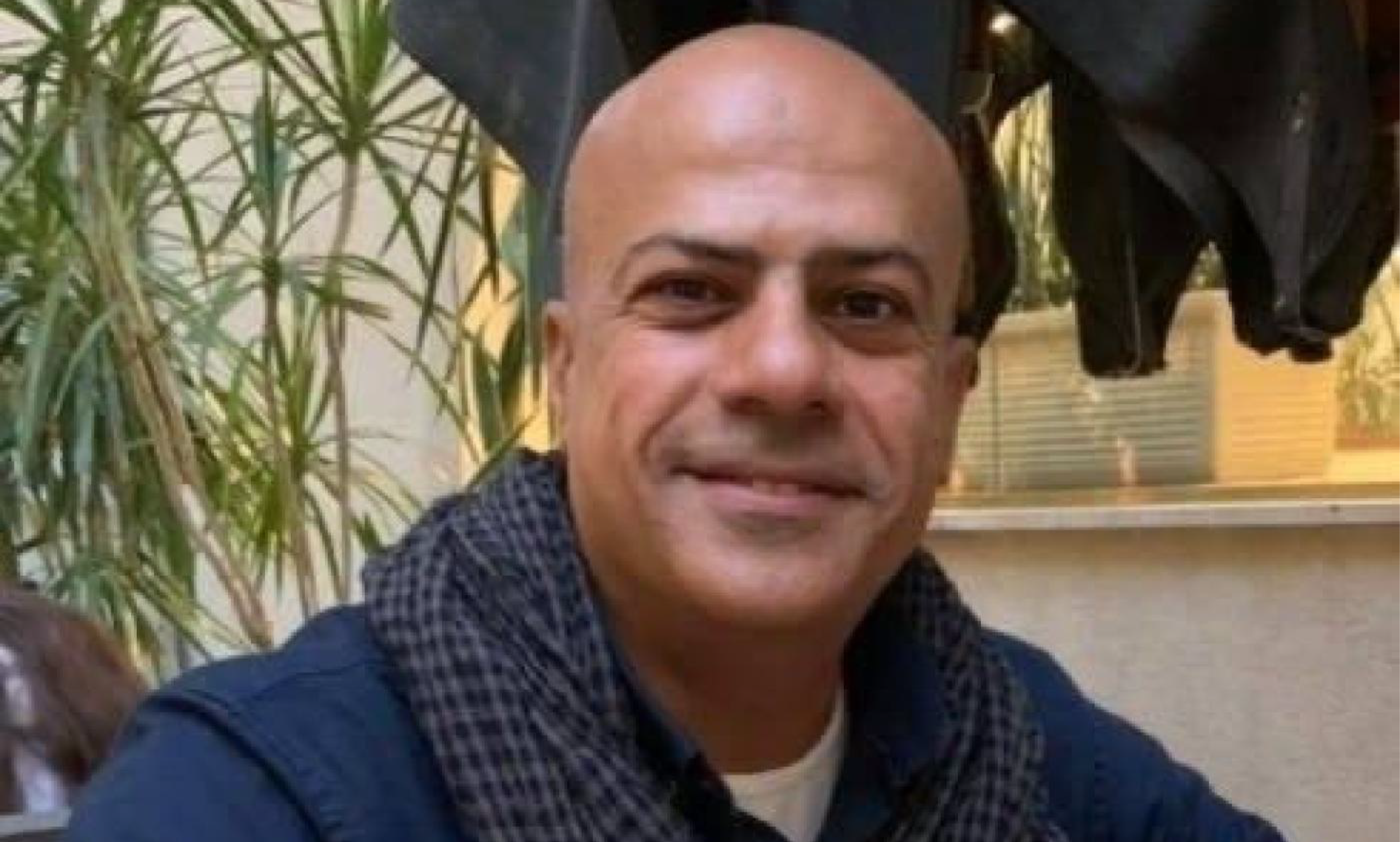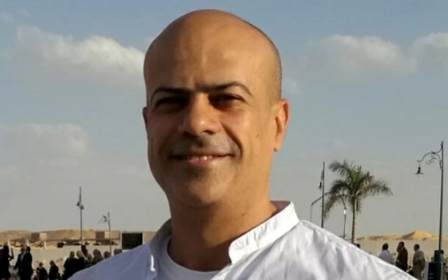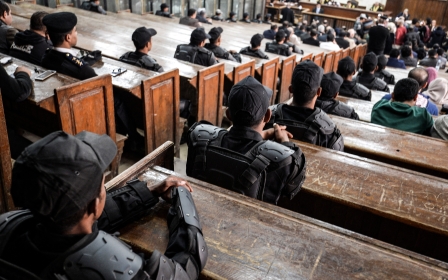Egypt: Economist's death requires 'credible' investigation, says State Department

The death of an Egyptian economist who had been critical of government policies and military rule led by President Abdel Fattah el-Sisi requires "a thorough, transparent and credible" investigation, the State Department said on Monday.
Ayman Hadhoud, 48, was detained on 5 February and forcibly disappeared until 9 April, when his family was asked to collect his dead body from a mental health hospital in Cairo.
Egypt's Public Prosecution has said Hadhoud died of natural causes. However, leaked photos of his corpse obtained by MEE suggest he was tortured before his death and his family and rights groups have called for further investigation.
On Monday, State Department spokesperson Ned Price said the US was "deeply disturbed" by reports surrounding Hadhoud's death and allegations of his torture while detained.
"The circumstances of his detention, his treatment and his death we think require a thorough, transparent and credible investigation without delay," Price said.
Price was responding to a question during the daily State Department briefing and it was not immediately clear if Hadhoud's case had been raised directly with Egyptian counterparts.
"We have made clear, including with our Egyptian partners, that human rights are a priority. We have urged the Egyptian government to make progress on protecting human rights in virtually every session," he said.
Price added that while Hadhoud's death was among cases considered "significant and shocking setbacks", he praised Egypt's release this past week of political detainees and imprisoned journalists as a positive step.
Presidential pardons are often handed out in Egypt before the Eid holiday marking the end of Ramadan, which falls on Monday.
Rights groups have long called for the release of the tens of thousands of political prisoners held in the country’s jails since Sisi came to power in a coup in 2013.
According to the Arabic Network for Human Rights Information, the total number of prisoners in Egypt in March 2021 was 120,000, with an estimated 65,000 political prisoners - at least 26,000 of whom were held in pre-trial detention.
Middle East Eye delivers independent and unrivalled coverage and analysis of the Middle East, North Africa and beyond. To learn more about republishing this content and the associated fees, please fill out this form. More about MEE can be found here.





